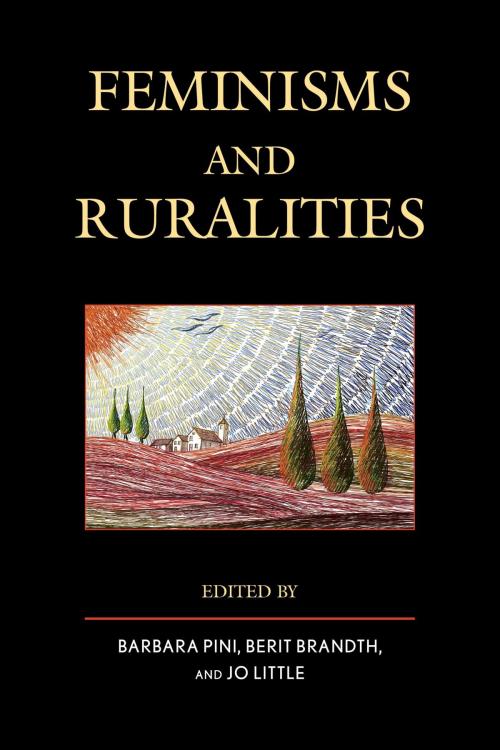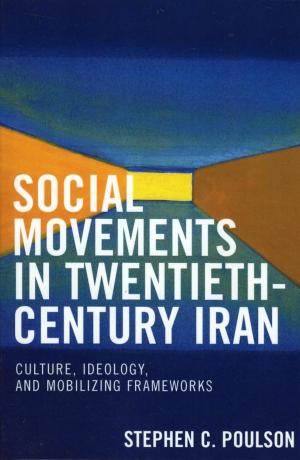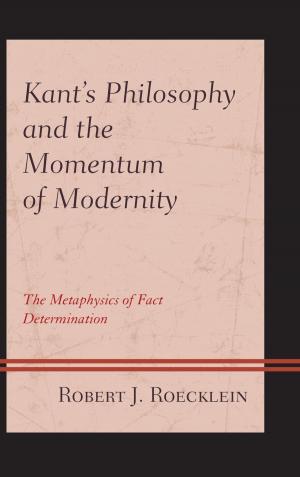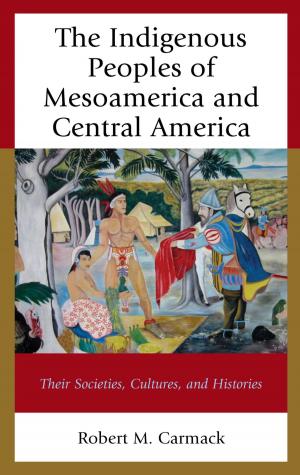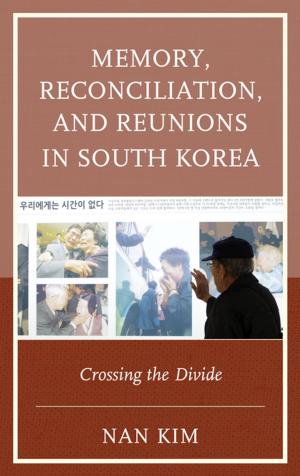Feminisms and Ruralities
Nonfiction, Social & Cultural Studies, Social Science, Demography, Gender Studies, Feminism & Feminist Theory, Women&| Author: | Barbara Pini, Berit Brandth, Jo Little, Jenny Barker Devine, Lia Bryant, Anne Byrne, Kate Cairns, Nata Duvvury, Sara Egge, Gro Follo, Marit S. Haugen, Julie C. Keller, Belinda Leach, Mona Livholts, Susan Machum, Áine Macken-Walsh, Nicole Power, Jennifer Rogers-Brown, Sally Shortall, Maarit Sireni, Tanya Watson, Imelda Whelehan | ISBN: | 9780739188224 |
| Publisher: | Lexington Books | Publication: | December 18, 2014 |
| Imprint: | Lexington Books | Language: | English |
| Author: | Barbara Pini, Berit Brandth, Jo Little, Jenny Barker Devine, Lia Bryant, Anne Byrne, Kate Cairns, Nata Duvvury, Sara Egge, Gro Follo, Marit S. Haugen, Julie C. Keller, Belinda Leach, Mona Livholts, Susan Machum, Áine Macken-Walsh, Nicole Power, Jennifer Rogers-Brown, Sally Shortall, Maarit Sireni, Tanya Watson, Imelda Whelehan |
| ISBN: | 9780739188224 |
| Publisher: | Lexington Books |
| Publication: | December 18, 2014 |
| Imprint: | Lexington Books |
| Language: | English |
Feminist concern with difference has rarely extended to rurality even if it is now widely recognized that experiences of inequality depend on intersections of several identities in each individual life. This lack of concern may reflect the urban background of the majority of feminist academics or at least their urban positionality once in the academy. It may equivalently be that feminists have been influenced by stereotypes of rural women as traditional and reactionary, and thus seen them as unlikely exponents of gender equality, and an unfruitful focus for scholarly energies. Perhaps the problem is a broader one, that is, reflective of the much documented, but still apparent unwillingness of many feminists to recognize and address difference in any of its manifestations. Regardless, even with the recent interest in intersectionality which has necessarily renewed and reenergized debates in feminism about diversity and inclusion, the question of how women are differently positioned because of their non-metropolitan location has remained largely overlooked.
Feminist concern with difference has rarely extended to rurality even if it is now widely recognized that experiences of inequality depend on intersections of several identities in each individual life. This lack of concern may reflect the urban background of the majority of feminist academics or at least their urban positionality once in the academy. It may equivalently be that feminists have been influenced by stereotypes of rural women as traditional and reactionary, and thus seen them as unlikely exponents of gender equality, and an unfruitful focus for scholarly energies. Perhaps the problem is a broader one, that is, reflective of the much documented, but still apparent unwillingness of many feminists to recognize and address difference in any of its manifestations. Regardless, even with the recent interest in intersectionality which has necessarily renewed and reenergized debates in feminism about diversity and inclusion, the question of how women are differently positioned because of their non-metropolitan location has remained largely overlooked.
